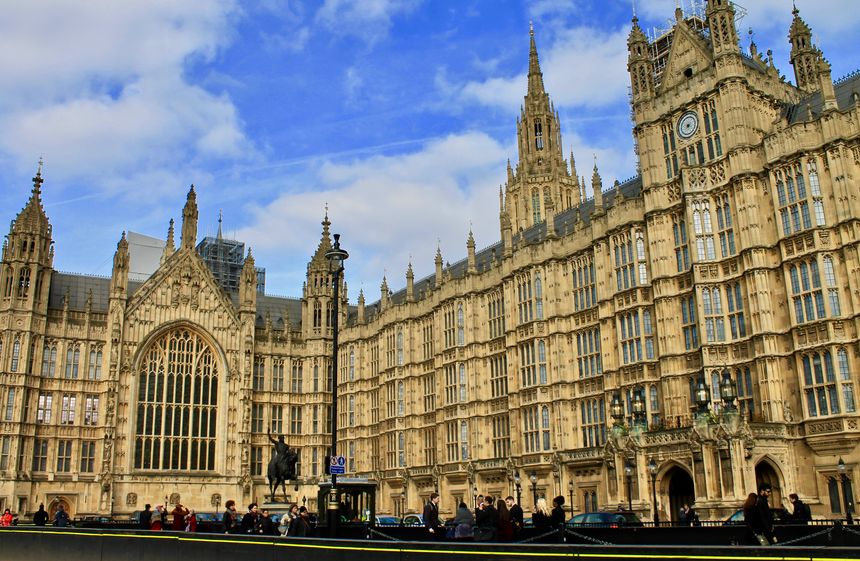In a press release yesterday, the Government u-turned on its manifesto commitment to make unfair dismissal protection a day one right.
Instead, the two-year qualifying period will be replaced with a 6-month period. Other day one rights remain unaffected, with reforms to sick pay and paternity leave coming into force in April 2026. Unfair dismissal protection was set to come into effect from 2027, it remains to be seen whether this change will bring the timeline forward.
The change of stance on this flagship reform follows rounds of back and forth between the Government and House of Lords, where the Lords continued to oppose the introduction of day one unfair dismissal protection. However, with businesses and thinktanks sharing the Lords’ concerns that day one protection could slow hiring, overwhelm employment tribunals and place an increased burden on employers, the Government is said to have backtracked to avoid further parliamentary ping-pong and delays to the legislation.
Quite unusually, the Lords had pushed back twice, voting in favour of a six-month period before unfair dismissal protection kicks in. Unions and companies are said to be more comfortable with this compromise, balancing both the rights of employees with giving businesses breathing room when making new hires.
It is hoped that this concession will encourage the House of Lords to backdown on other contentious provisions, namely the ongoing pushback around guaranteed hours for zero hour contracts.
Once the Employment Rights Bill becomes primarily legislation, it will become harder for any future government to make changes to the unfair dismissal qualifying period. This could in-part explain the in-depth discussions and interrogation by the House of Lords to date.
As if this was not enough, yesterday’s press release also announced another significant change, “that the compensation cap will be lifted”. However, at this stage it is unclear what this actually means.
Currently, compensation for unfair dismissal is limited to the lower of 52 weeks’ gross pay or the statutory cap (currently £118,223). “Lifting” this cap could mean abolishing the limit entirely, raising the statutory sum or removal of just the 52-week limit. Further detail is expected, but any changes to unfair dismissal compensation will undoubtedly influence the financial risk for employers making dismissals.

/Passle/5f3d6e345354880e28b1fb63/MediaLibrary/Images/2025-09-29-13-48-10-128-68da8e1af6347a2c4b96de4e.png)
/Passle/5f3d6e345354880e28b1fb63/MediaLibrary/Images/2024-08-01-13-11-10-549-66ab896ee543bf94f9636c73.png)
/Passle/5f3d6e345354880e28b1fb63/SearchServiceImages/2026-02-23-12-14-31-017-699c44a7796cdb5b84b1446a.jpg)
/Passle/5f3d6e345354880e28b1fb63/MediaLibrary/Images/2024-07-10-14-27-41-335-668e9a5df60d415c2460b9c1.png)